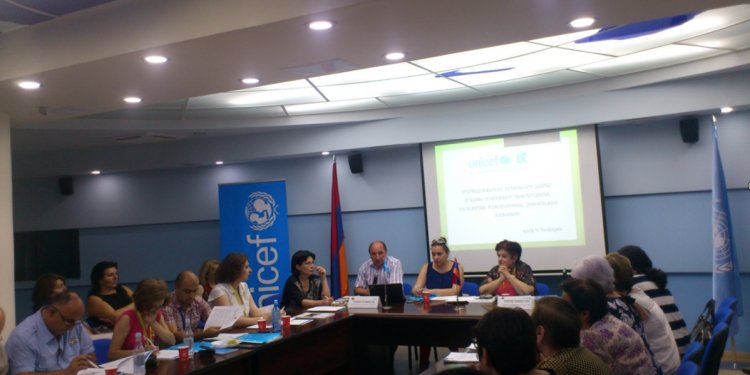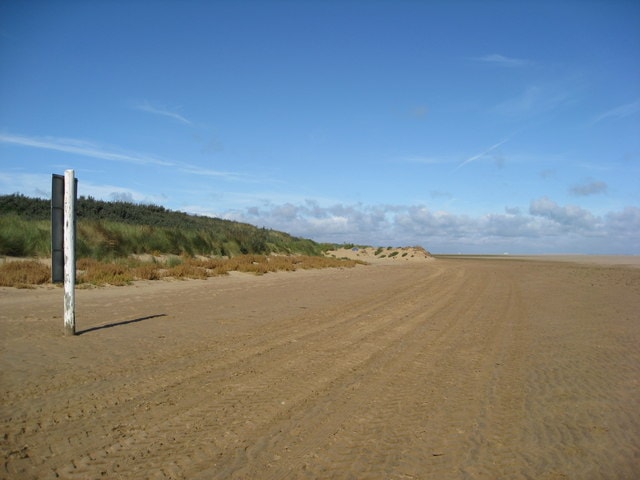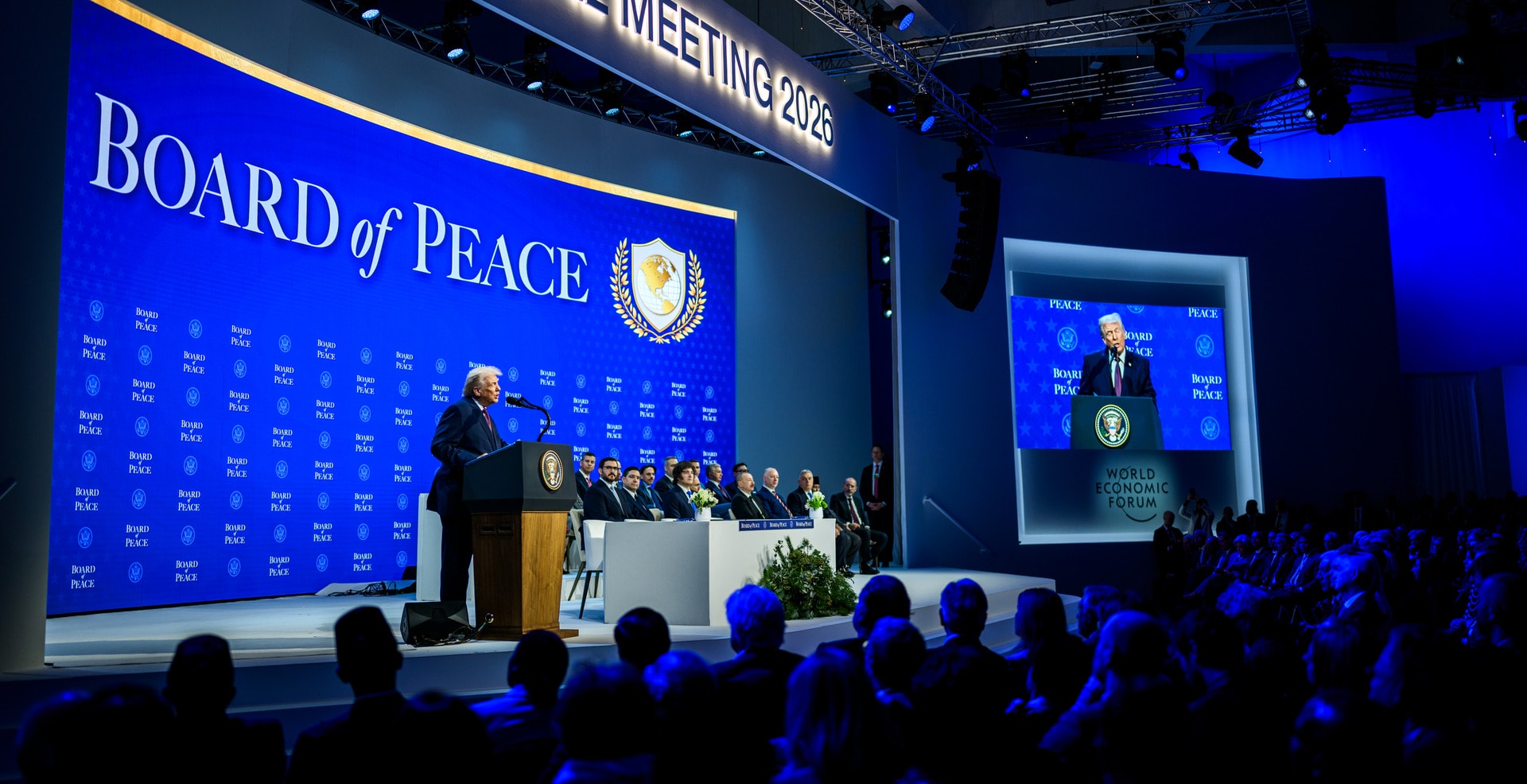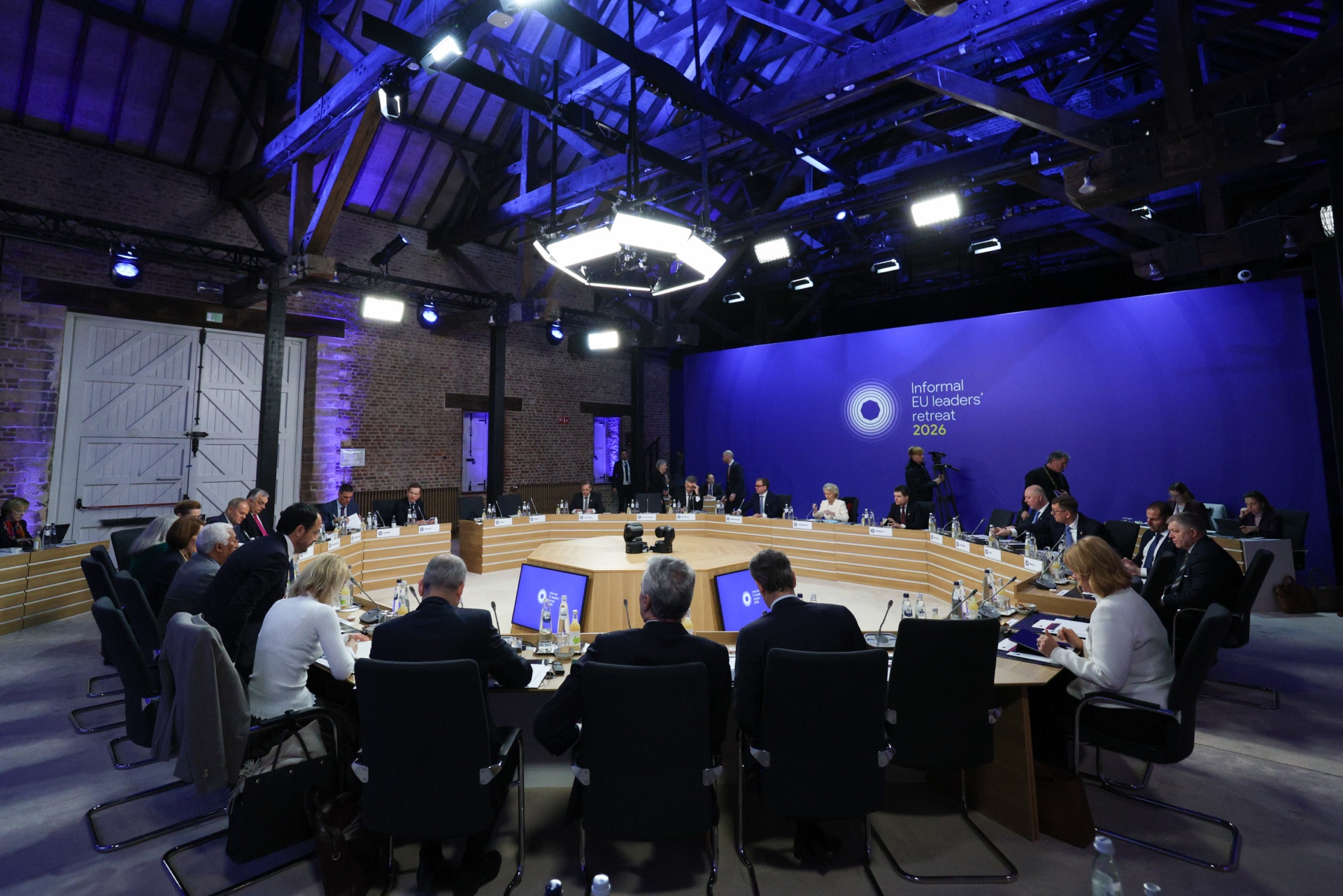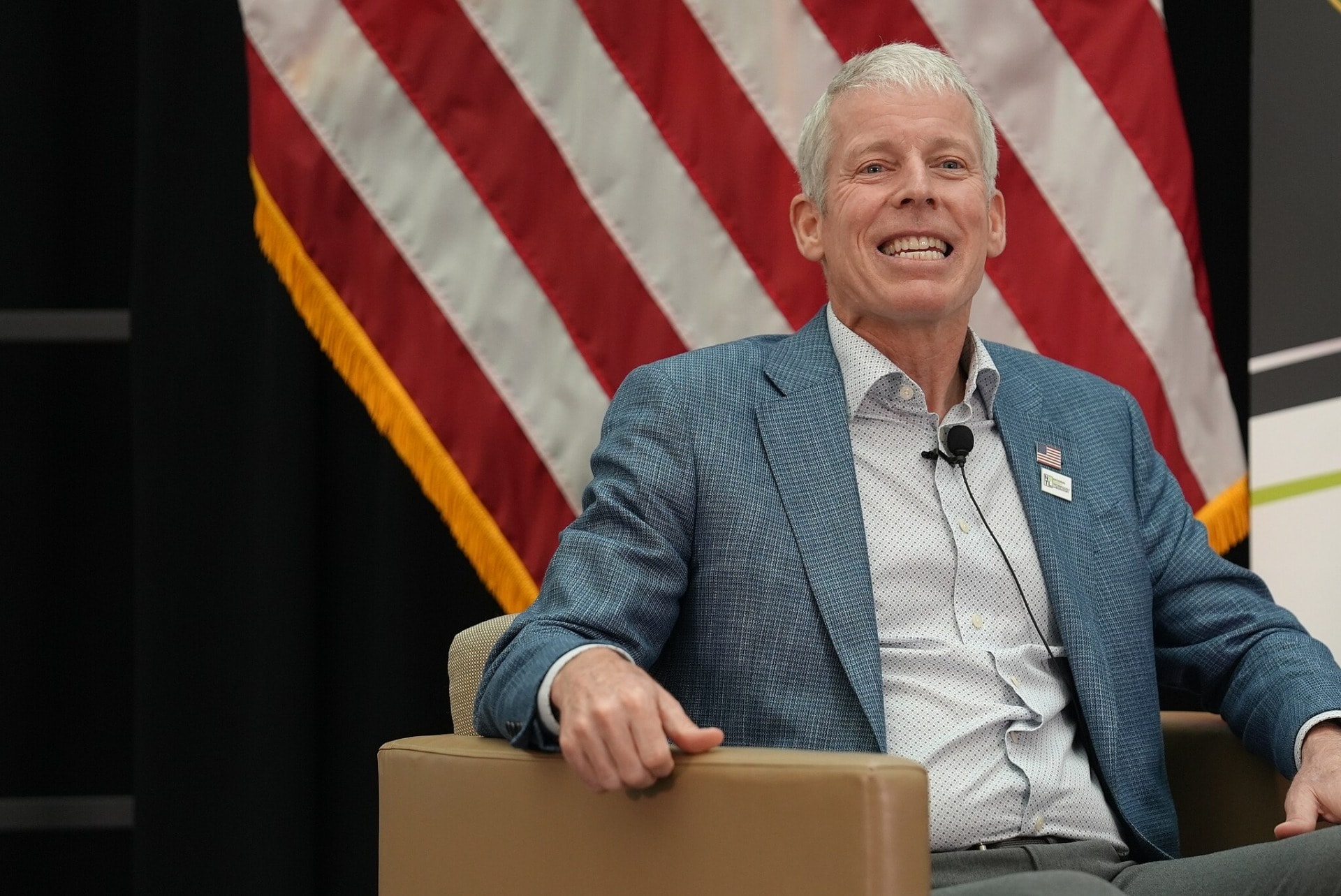As specified in point 8 of the 2030 UN Agenda for Sustainable Development: “We are announcing today 17 Sustainable Development Goals with 169 associated targets which are integrated and indivisible. Never before have world leaders pledged common action and endeavor across such a broad and universal policy agenda.”
The 17 Sustainable Development Goals embrace practically all aspects of coevolution of human civilization and the planet Earth, taking into account the specific features of the global ecosystem. We believe that an important role in providing synergism and the coordination of the SDGs implementation is the interconnectedness of SDG 4 and SDG 12, particularly the following sub-targets:
- Goal 4. Ensure inclusive and equitable quality education and promote lifelong learning opportunities for all.
- 4.7 – By 2030, ensure that all learners acquire the knowledge and skills needed to promote sustainable development, including, among others, through education for sustainable development and sustainable lifestyles, human rights, gender equality, promotion of a culture of peace and non-violence, global citizenship and appreciation of cultural diversity and of a culture’s contribution to sustainable development.
- Goal 12. Ensure sustainable consumption and production patterns.
- 12.1 – Implement the 10-year framework of programs on sustainable consumption and production, all countries taking action, with developed countries taking the lead, taking into account the development and capabilities of developing countries;
- 12.8 – By 2030, ensure that people everywhere have the relevant information and awareness for sustainable development and lifestyles in harmony with nature.
A considerate amount of collective progress is taking place on a global scale. Here are a few examples of how an international collaboration has assisted in putting the SDGs into practice:
- The first “Green Office” was set-up in 2010 and the model has since been adopted by more than 38 other higher education institutions in 8 European and African countries. Green Offices are platforms that inform, connect and support the university community in their sustainable development. At the same time, Green Offices initiate their own projects in order to advance sustainability in education, research and overall operations. One of main goals of Green Offices is the formation of “Sustainable Universities” by joint efforts of students and staff. The project “Green Offices” is supported by “Deutsche Bundesstiftung Umwelt” in Luneburg, Germany.
- A network of “ecological” or “green” schools have been created all over the world in order to increase knowledge and skills pertaining to the environment; they accomplish this by means of their assisted resource centers. At present, these “eco-schools” work in more than 60 countries—from Great Britain, France and Belarus to Morocco and South Africa—while relying upon their numerous partnerships. A number of such schools are also developing and implementing the “Local School Agenda 21” projects.
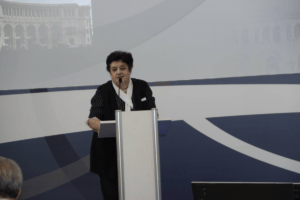
- Scientific knowledge is essential in the implementation of innovative projects by the broader public. This process therefore requires the establishment of practice-oriented research organizations. For example, scientific workshops or “Science Shops” have begun to act as mediators between the scientific community and larger society. Its projects are based upon the practical application of new scientific knowledge on the part of the public.
- In response to the UN resolution on the United Nations Decade of Education for Sustainable Development (UNDESD), the UN University Institute for the Advanced Study of Sustainability in Tokyo launched the Education for Sustainable Development (ESD) project of development of activities, through initiatives of the network of Regional Centres of Expertise (RCEs) in 2003. As of September 2018, 166 RCEs have been officially acknowledged by the UN University worldwide.
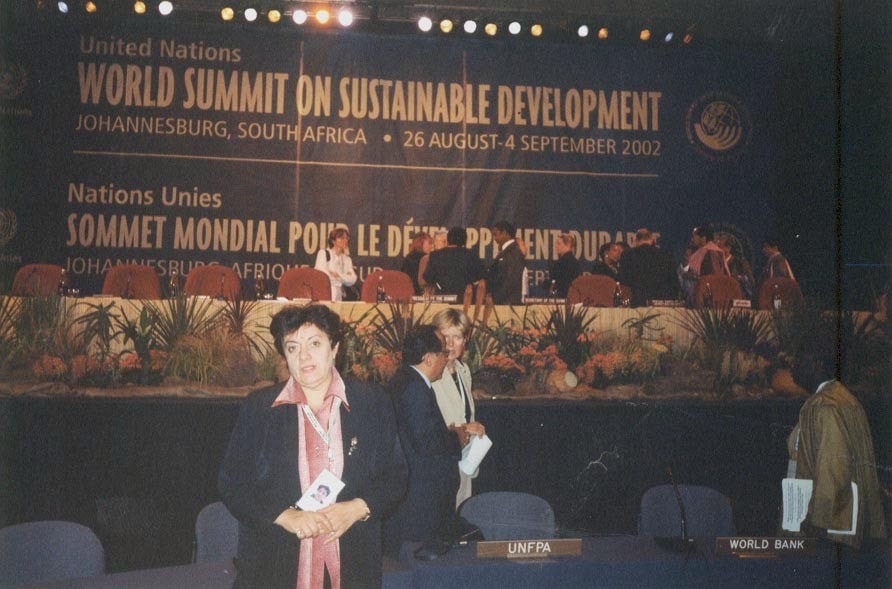
Global Impact
All of the organizations and Regional Environmental Centers (RECs) listed above have significantly contributed to raising public awareness by sharing knowledge and practical skills in the implementation process of the SDGs via workshops, discussions, seminars, conferences, exhibitions, festivals, etc. At the same time, they are actively involved in the formation of models of sustainable production and consumption, the promotion of local sustainable communities, and the development of sustainable strategies.
This contributes to a more environmentally conscious population, as well as a more contemporary culture of ecological action and engagement. Furthermore, education—both formal and non-formal—is necessary for the environmental transformation of our world. In scientific literature, it is widely believed that there must be a gradual transition from a “technogenic” perception of the environment to a more tradition point-of-view common in ancient cultures who live among wildlife. Therefore, a person must exist and develop in harmony with other beings and species.
Editor’s Picks – Related Articles:
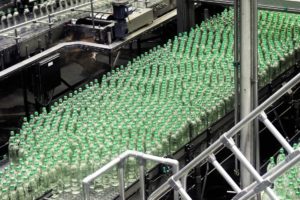
“Sustainable Consumption and Production Are Key for Sustainable Development“
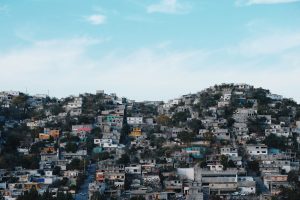
“Global Partnership: How it Empowers Sustainable Development“
To conclude, I will present some examples of successes in the Republic of Armenia.
- REC Caucasus completed the project “Resource Efficient and Cleaner Production“, sponsored by the European Union in the framework of the “Greening Economies in the European Union’s Eastern Neighborhood” (EaP Green) Partnership for Environment and Growth. During the project, the environmental and economic audit of a number of Armenian entreprises was carried out; recommendations on the rationalization of natural resources were then developed. The implementation of these recommendations have since had positive environmental and economic effects.
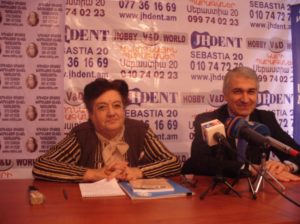
- The course “Theory and Practice of Sustainable Development” has been taught at Yerevan State University since 1994. It was originally taught only at the faculties of geography and chemistry, but the course has since expanded to other faculties and universities. There are 3 editions—published in 1996, 2006 and in 2013—of the university course textbook.
- In 2012, the Armenian State Pedagogical University founded a Chair on Ecology and Sustainable Development; the University also publishes the work of specialists regarding the education and teaching of sustainable development. The staff of the Chair teaches the course “The Foundations of Sustainable Development” to students of all faculties. Professors with knowledge in this field are also sent to teach in other educational institutions.
I believe that conducting a thorough analysis, as well as sharing the successes of countries and international organizations will result in the implementation of the SDGs at all levels–from local to regional to global.


